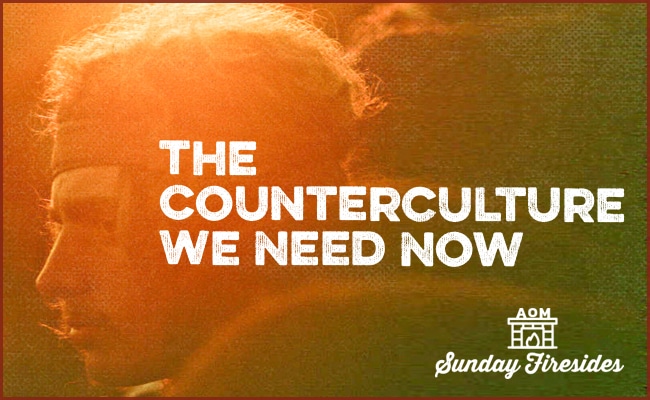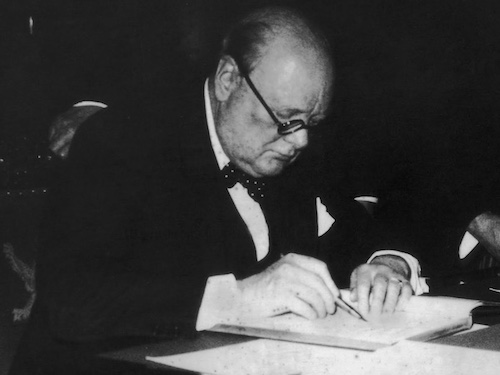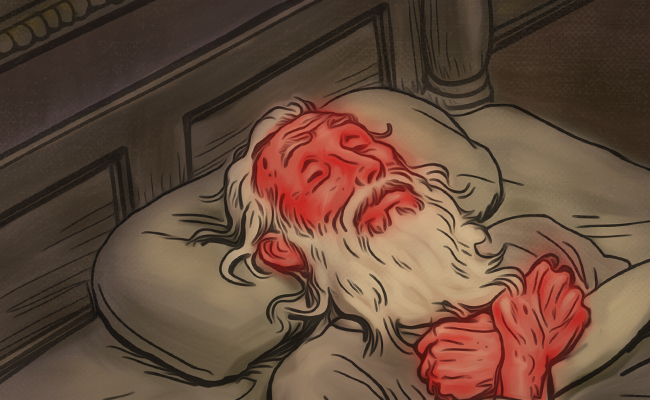
Have you ever known someone who becomes more conservative when he’s part of a liberal community, and more liberal when he’s part of a conservative one?
This behavior — being contrarian seemingly for the sake of being contrarian — can seem a little silly. But these gadflies perform a great service for the communities to which they belong.
Every group, whether small as a church or vast as a civilization, has a culture that perennially oscillates between two poles.
A revolution upends the culture’s prevailing ethos and establishes a new order of values. The movement is meant to correct the excesses of the dominant paradigm. But, over time, the values which were marginalized become institutionalized. Leaven, once badly needed, comes to so saturate the culture that it starts to sicken.
And a new revolution gets launched in the opposite direction.
Human nature is such that cultures cannot reside in a golden equilibrium; instead, they swing back and forth between extremes. Yet though these swings invariably go too far, the oscillation is essential to a community’s health, shortening periods of destructive stagnation and moderating the group’s ethos overall.
The last society-wide countercultural movement happened six decades ago, and was an attempt to correct a perceived excess in constriction and conformity. Yet that which formerly felt original has grown stale, and we yearn for a wind that blows in another direction.
In a world dominated by you-do-you mantras, a devotion to not just living your truth, but seeking the truth feels refreshing.
In a world permeated by caveat-laden beliefs, commitment-spurning aloofness, free-agent optionality, and everything-kept-at-arm’s-length cynicism, full-throated faith, death-do-we-part loyalty, true-to-your-word integrity, and all-in earnestness carry the kick of outright revolution.
In a world where that which was once rebellious now feels tired, boring, and cliche, it’s up to a set of contemporary contrarians to renew the cycle again.







